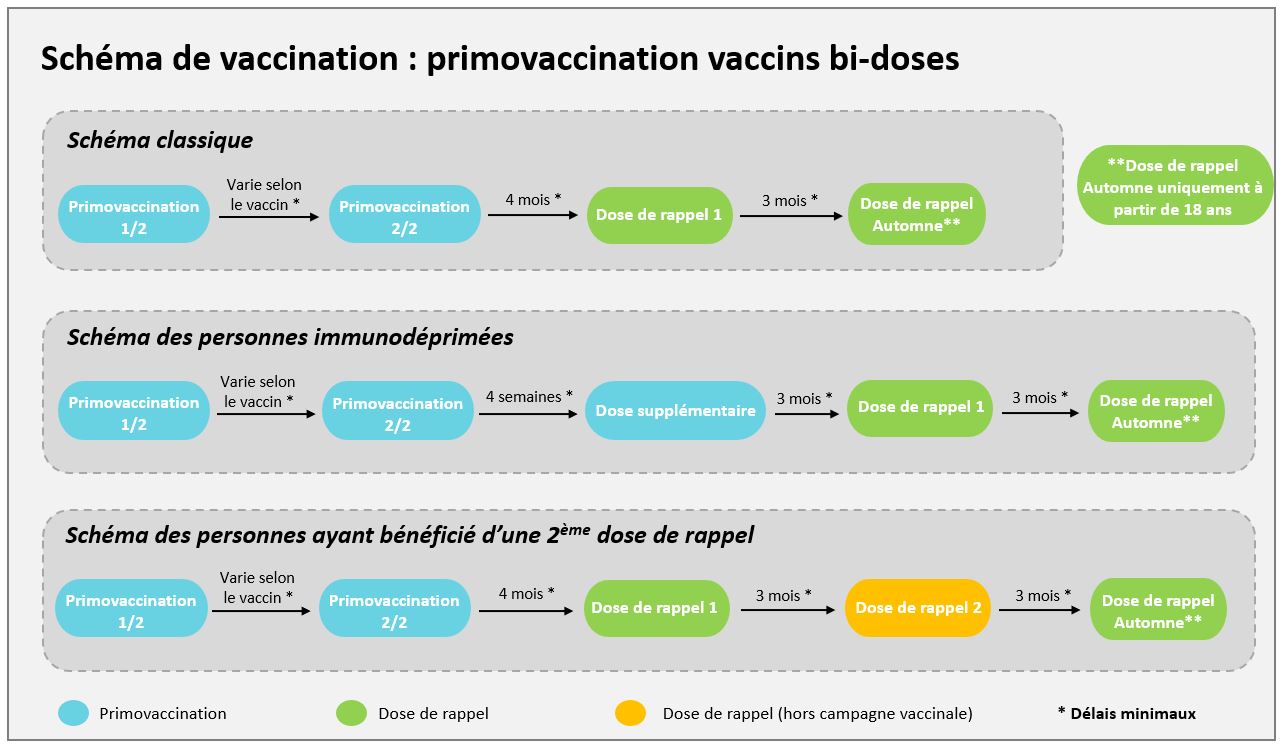Dtp Vaccine Guide: Protect Your Child

The DTP vaccine, also known as the diphtheria, tetanus, and pertussis vaccine, is a crucial immunization that protects children against three serious bacterial infections. As a parent, it's essential to understand the importance of this vaccine, its components, and the benefits it provides to ensure your child's health and well-being. In this comprehensive guide, we'll delve into the world of DTP vaccination, exploring its history, development, and significance in preventing infectious diseases.
Key Points
- The DTP vaccine protects against diphtheria, tetanus, and pertussis, three serious bacterial infections.
- The vaccine is typically administered in a series of doses, with the first dose given at 2 months of age.
- DTP vaccination has been shown to be highly effective in preventing outbreaks of these diseases.
- Common side effects of the vaccine include redness, swelling, and pain at the injection site.
- Severe allergic reactions to the vaccine are rare, but can be life-threatening.
Understanding the DTP Vaccine

The DTP vaccine is a combination vaccine that protects against three distinct bacterial infections: diphtheria, tetanus, and pertussis. Diphtheria is a serious infection that affects the mucous membranes of the throat and nose, causing severe respiratory problems. Tetanus, also known as lockjaw, is a bacterial infection that affects the nervous system, leading to muscle stiffness and spasms. Pertussis, commonly known as whooping cough, is a highly contagious respiratory infection that can cause severe coughing fits and pneumonia.
DTP Vaccine Components
The DTP vaccine contains inactivated or weakened forms of the bacteria that cause these infections. The vaccine is typically administered in a series of doses, with the first dose given at 2 months of age, followed by additional doses at 4, 6, and 15-18 months of age. A booster dose is also recommended at 4-6 years of age. The vaccine is usually administered in combination with other vaccines, such as the hepatitis B, polio, and Haemophilus influenzae type b (Hib) vaccines.
| Vaccine Component | Description |
|---|---|
| Diphtheria toxoid | Inactivated form of the diphtheria toxin |
| Tetanus toxoid | Inactivated form of the tetanus toxin |
| Pertussis antigen | Weakened form of the pertussis bacteria |

Efficacy and Safety of the DTP Vaccine

Studies have consistently shown that the DTP vaccine is highly effective in preventing outbreaks of these diseases. According to the Centers for Disease Control and Prevention (CDC), the DTP vaccine has been shown to be 80-90% effective in preventing pertussis, 90-95% effective in preventing tetanus, and 95-100% effective in preventing diphtheria. Common side effects of the vaccine include redness, swelling, and pain at the injection site, as well as fever, fussiness, and vomiting.
Addressing Concerns and Misconceptions
Despite the overwhelming evidence supporting the safety and efficacy of the DTP vaccine, some parents may still have concerns or misconceptions about vaccination. It’s essential to address these concerns and provide accurate information to ensure that children receive the protection they need. For example, some parents may be concerned about the potential link between vaccination and autism. However, numerous studies have shown that there is no scientific evidence to support this claim.
Real-World Applications and Examples
The DTP vaccine has been widely used in vaccination programs around the world, with significant success in reducing the incidence of these diseases. For example, in the United States, the CDC reports that the incidence of pertussis has decreased by 92% since the introduction of the DTP vaccine. Similarly, in Australia, the introduction of the DTP vaccine has led to a 95% reduction in the incidence of diphtheria.
In conclusion, the DTP vaccine is a vital immunization that protects children against three serious bacterial infections. By understanding the components, efficacy, and safety of the vaccine, parents can make informed decisions about their child's health. As a parent, it's essential to consult with your pediatrician or healthcare provider to determine the best vaccination schedule for your child.
What is the recommended age for the first dose of the DTP vaccine?
+The first dose of the DTP vaccine is typically recommended at 2 months of age.
What are the common side effects of the DTP vaccine?
+Common side effects of the DTP vaccine include redness, swelling, and pain at the injection site, as well as fever, fussiness, and vomiting.
Is the DTP vaccine effective in preventing outbreaks of these diseases?
+Yes, the DTP vaccine has been shown to be highly effective in preventing outbreaks of diphtheria, tetanus, and pertussis.
Can the DTP vaccine cause autism?
+No, numerous studies have shown that there is no scientific evidence to support a link between the DTP vaccine and autism.
How often should my child receive the DTP vaccine?
+The DTP vaccine is typically administered in a series of doses, with the first dose given at 2 months of age, followed by additional doses at 4, 6, and 15-18 months of age. A booster dose is also recommended at 4-6 years of age.
Meta description: “Protect your child from serious bacterial infections with the DTP vaccine. Learn about the components, efficacy, and safety of this crucial immunization and consult with your pediatrician to determine the best vaccination schedule for your child.” (150 characters)



